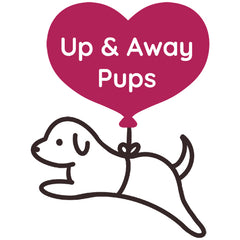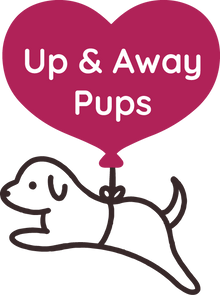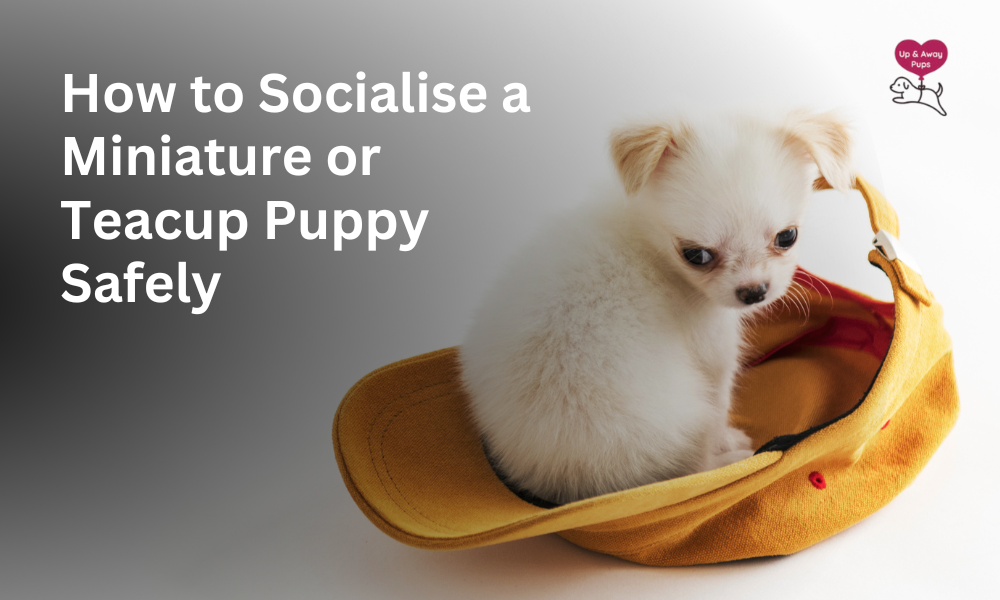How to Socialise a Miniature or Teacup Puppy Safely
Teacup and miniature puppies may be tiny, but raising them into confident, well-socialized dogs takes intentional care. Early socialization—before 16 weeks—is key, but small breeds need gentle, safe introductions to people, sounds, and environments. Avoid overstimulation, prioritize safety, and reward calm behavior. Introduce other pets slowly, encourage independence, and be consistent with handling. While it’s tempting to carry them everywhere, your goal is to raise a balanced, confident companion. With patience and the right approach, your little dog can grow into a calm and friendly adult.
Tiny paws, big eyes, and a face so adorable it melts your heart. Miniature and teacup puppies may just be nature’s cutest creations. But raising a puppy this small comes with real responsibility.
Socialising any puppy is important. With a pup small enough to fit in your handbag, though, it can be more challenging than you’d expect. That doesn’t mean these dogs don’t need to grow up confident, calm, and friendly. They absolutely do.
So, how do you help a little dog become brave, sociable, and safe in all kinds of situations?
Start Early, But Safely
The most crucial time for puppy socialization is before the age of 16 weeks. Puppies not exposed to people, sounds, and experiences during this time may develop fear, anxiety, or even aggression. You can still socialize older dogs, but it takes more time and effort.
With teacup breeds, things get a bit tricky. They’re delicate. Their immune systems are still developing. And they can’t handle rough play or unpredictable environments like a 30-pound Labrador puppy can.
So, what should you do?
-
Avoid public dog parks and busy pet stores until your vet gives the all-clear
-
Arrange playdates with calm, fully vaccinated dogs in enclosed, safe spaces
-
Invite visitors over, especially people with hats, sunglasses, or mobility aids, so your pup learns to handle a variety of sights and sounds
-
Keep social time short. Five minutes can be enough for a tiny pup
It’s all about gentle exposure, not overwhelming experiences.
Let Them Hear the World
Sound is a big part of socialization. Many tiny pups react fearfully to noise, but the issue often stems from being overly coddled. It’s okay for your puppy to hear things.
Introduce them to household sounds like the vacuum cleaner, hairdryer, music, and dishes clattering. Keep your puppy at a safe distance and reward calm behaviour with praise or treats.
Take them outside too. Sit together on the porch or balcony. Let them watch the world go by. They’ll hear cars, people, birds, barking dogs, and more. Introduce sounds gradually. Don’t rush into fireworks night or a street parade.
Teach Handling from the Start
Small dogs get picked up a lot. By kids, by parents, passed around like a cuddly toy. If they’re not taught to accept handling calmly, it can become stressful for them.
Handle them daily with care. Touch their paws, ears, and tummy while giving treats. Practice gentle brushing. Let them feel safe while being carried or touched. This makes future vet visits, grooming, and greetings much easier.
Introduce Other Animals Gently
Not every dog is going to love every animal they meet. Just like people, dogs have preferences. But all puppies should learn to tolerate and behave calmly around other animals.

Start by introducing them to friendly, calm dogs. Supervise closely. Large dogs and teacup pups can get along surprisingly well, but the size difference means one playful nudge could knock your puppy over.
If you have cats or other pets at home, use baby gates to allow them to observe each other from a distance. Let them get used to each other’s scent before trying face-to-face introductions. Don’t rush it. A curious pup is a good sign, even if they don’t want to play right away.
Encourage Independence
Because they’re small and so easy to carry, miniature and teacup puppies often end up being overprotected. It’s an understandable instinct, but it can cause problems later on.
A dog that’s never allowed to walk, sniff, or explore will struggle with confidence. Let them walk short distances. Let them explore at their own pace while you supervise.
Confidence isn’t something you can hand over. It’s something they build, little by little.
Reward Confidence, Not Just Cuteness
One common mistake is laughing off behaviours like growling or nipping just because the dog is small. You wouldn’t accept that from a large dog, so don’t excuse it in a tiny one.
Aggression isn’t confidence. If your puppy growls or snaps, it’s often because they feel unsure or threatened. Help them feel secure instead. Praise calm behaviour. Redirect the bad. Be consistent.
It’s tempting to carry them everywhere and focus only on their looks. But your goal is to raise a well-rounded dog, not just a walking photo-op.
Conclusion
Socializing a miniature or teacup puppy isn’t about exposing them to everything all at once. It’s about the right experiences, introduced in the right way, at the right time and pace. With care and patience, your small dog can grow up confident, calm, and comfortable in everyday life.
You’re not aiming for perfection. You’re building trust, curiosity, and comfort.
FAQs
Can Teacup Puppies Attend Group Training Classes?
They can, depending on the class. Look for puppy groups that separate dogs by size and temperament. Some trainers also offer private sessions or small-group socials just for tiny breeds.
What If My Puppy Seems Scared of Everything?
This is common with smaller dogs. Don’t force new experiences. Pair them with something positive like treats or praise. With time and repetition, your puppy will start to feel more at ease.
When Is It Safe to Start Socialising a Teacup Puppy Outside?
Usually after their second or third round of vaccinations, depending on what your vet advises. Until then, you can still carry them outdoors and let them hear and smell the world from a safe distance.


